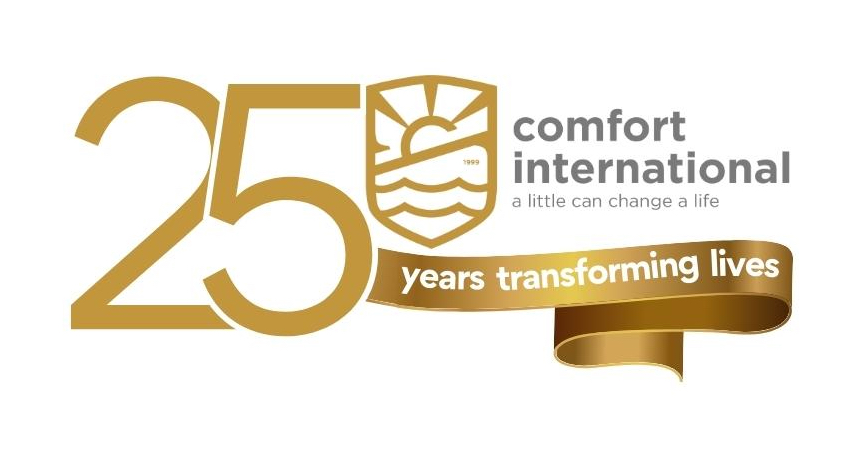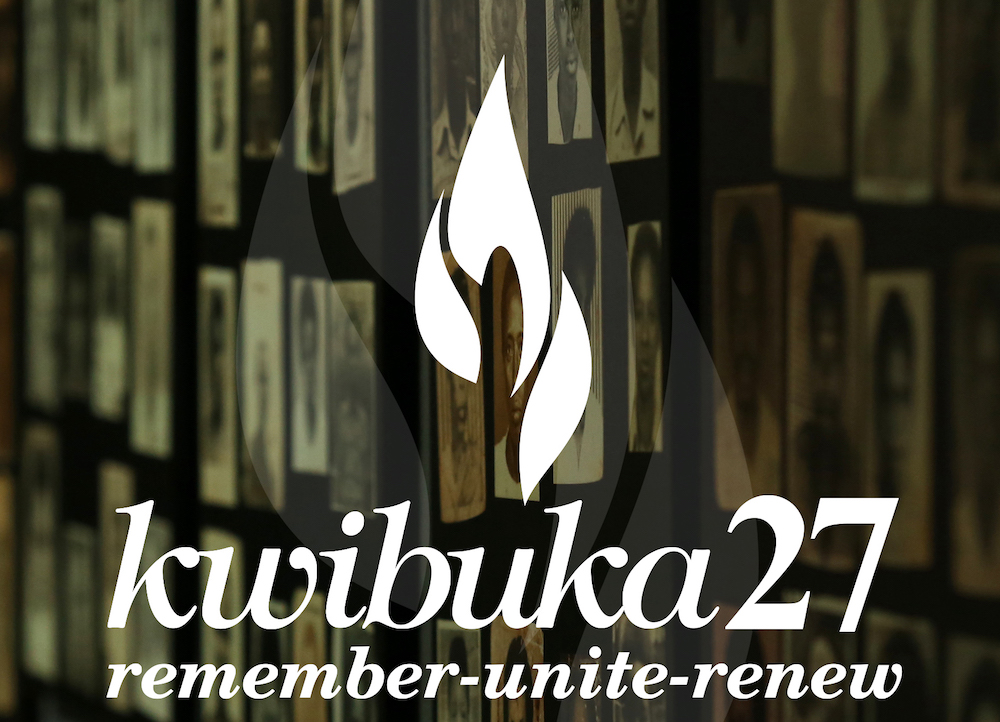by Dr Callum Henderson
Kwibuka27 – remember, unite, renew – reflections on restoring unity
Twenty-seven years ago today (7th April), Rwanda woke up to the news that President Habyarimana’s plane had crashed into the back garden of his presidential residence after being shot down returning from a peace process meeting in Tanzania. Seventeen-year-old Epiphania from Bisesero in western Rwanda heard the news on Rwandan radio that morning. Plumes of smoke were already rising from Tutsi homes near by, set on fire by groups of interahamwe – civilians brainwashed by hate-filled propaganda and trained to exterminate the Tutsi. By the end of the day seven children of Epiphania’s brother and sister had been throwndown a pit latrine and buried alive. Her father would go on to lead the resistance at Bisesero in western Rwanda until finally being caught in the dying moments of the genocide and cut to pieces. Bisesero was the only place in Rwanda with an organised resistance but the arrival of soldiers, militia, armed police and thousands of armed civilians five weeks after the genocide began broke the resistance and littered the hills with the dead and dying. By the end of the genocide between 1 and 1.1 million people had been killed across Rwanda in 100 days.

Today, on a nearby hill in the adjacent sector, the Ubumwe (meaning unity) group of Good News International, a Rwandan NGO and Comfort International partner, meets to farm the co-operative land they work on. There are survivors of the genocide, many of them women who were raped and infected with HIV, wives of perpetrators of the genocide who are still in jail, returned refugees from Congo who came back to Rwanda in the aftermath of the slaughter, and, in a remarkable hope-filled display of peace and reconciliation, some of those who launched attacks on the Tutsi of Bisesero. Among them is Berson, a previous member of a Hutu militia group that hunted Tutsi like game. In jail for his genocidal crimes he came face to face with church pastors preaching a message of repentance and forgiveness. Shortly afterwards, the prosecutor general, weary of half-hearted and face-saving confessions, gathered the prisoners and challenged them to stand and tell the truth.
‘I felt power from inside pushing me to tell the truth,’ remembers Berson.
From then on Berson would write letters to the survivors of those he had killed, begging for forgiveness. Some of those he wrote to offered forgiveness, a few even bringing food for him in prison. Soon Berson was mobilising others in the prison to confess and write to those they had bereaved.
‘Now I feel I am 100% at peace and have forgiveness from God, I was brought from hell to life through God.’

For many survivors from the genocide the trauma of those dark days of twenty-seven years ago still seems very close. Recently another 63,000 people were discovered buried in mass graves, exhumed and placed in smart white coffins before being reburied with dignity.

But Rwanda is a different nation than it was in 1994. Two and a half decades of security, peace and a government which has broken the cycle of corruption that inflicts so many African countries have moulded a nation confident in its new identity as a flourishing, fast-developing country where ethnic conflict has effectively been ended. For Epiphania, the security the new government brought was crucial to her recovery,
‘The government kept protecting us and bringing security and peace,’ she says, ‘we felt safe because divisions had stopped.’
During the covid-19 pandemic Rwanda has again shown itself as a beacon of clear thinking and effective administration. With less than 300 covid fatalities from a population of 13 million, Rwanda has led the way with efficient and fast moving combatting of the virus. Where money has meant some nations have dragged their heels, Rwanda adopted a policy of combining 20 samples for each test and then testing one by one only if the combined sample showed a positive. By the end of March, despite the global vaccine nationalism restricting the supply of vaccines to Africa 370,000 people had been vaccinated, putting Rwanda at the forefront of covid vaccination in Africa. President Kagame was among the first African heads of state to be vaccinated on 11 March.
In the years following the genocide Epiphania has married and now has five children. Whilst the past can never be forgotten her eyes are fixed firmly on the future.
‘My faith is back and we believe one day we will see our families and that God will be with us until we see them,’ she affirms. ‘What I want to add is that when people tell our story it is part of the process of healing as it is a sign that people are caring for us.’
_____
The stories of Epiphania, Berson and the resistance at Bisesero can be read in ‘Unforgotten: Cherishing the story of Rwanda’s Abasesero people’ by Callum Henderson, available on Amazon Kindle or from comfortinternational.org/shop/books.

